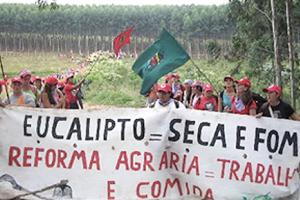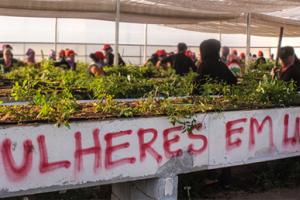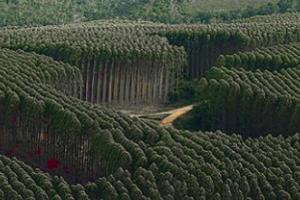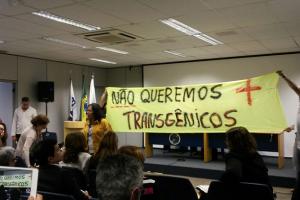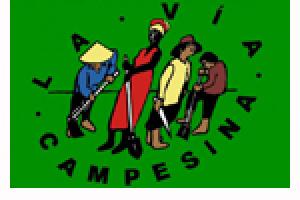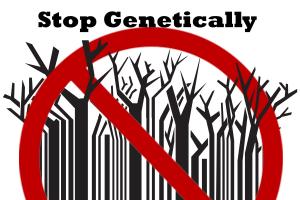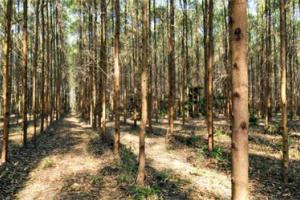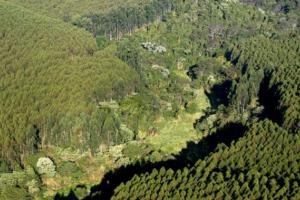Brazil
Bulletin articles
10 April 2015
Other information
9 April 2015
Decision made in violation of national law and international protocols
Action alerts
30 March 2015
By The Campaign to STOP GE Trees. Sign below to insist CTNBio not approve GMO Trees!
On Thursday 5 March, the Brazilian Biosafety Commission (CTNBio) was scheduled to decide whether to approve the commercial release of GE trees developed by FuturaGene. This meeting was cancelled after it was disrupted by activists, and after FuturaGene’s operations were taken over by 1,000 women earlier that same day.
Action alerts
30 March 2015
Only available in Spanish.
Por Alianza Biodiversidad y Red por una América Latina Libre de Transgénicos.
Other information
6 March 2015
The coordinating team of La Via Campesina in the state of Pará, Brazil, has compiled in a book the political struggles waged over time in the Amazon and the initiatives organized. In addition to a systematized introduction with a focus on ideas about peasant communities and their reincorporation in debates of historical concepts, there is a duel of perspectives with environmental ecological imperialism.
Action alerts
4 March 2015
FOR IMMEDIATE RELEASE
New York (4 March 2015) – Organizations on four continents took action yesterday at Brazilian consulates and embassies as part of the Emergency Global Day of Action to STOP Genetically Engineered Trees. The groups are demanding the government of Brazil reject an industry request to legalize genetically engineered (GE) eucalyptus trees there.
Bulletin articles
23 February 2015
Bulletin articles
9 December 2014
